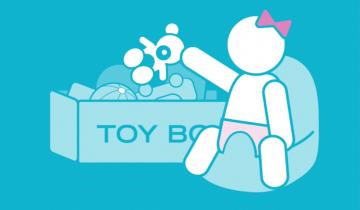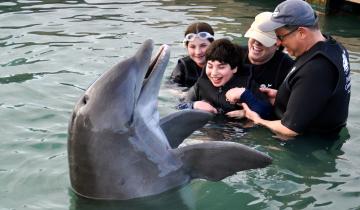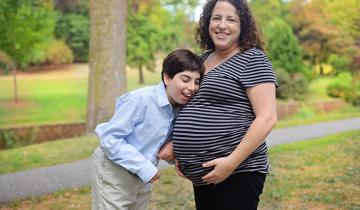In 10% to 15% of cases, there is no clear cause of CP. There is increasing recognition that genetics plays a part, but no standardized approach to genetic testing in patients with CP exists. In this study we asked the question whether both people with and without known risk factors for CP should have genetic testing.
Powered mobility can offer users young and old a level of freedom and independence that may not be achieved through manual wheelchairs or other mobility devices.
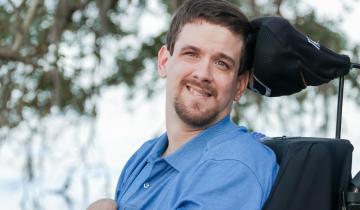
Though the initial insult or injury to the brain that causes cerebral palsy is non-progressive, aging with cerebral palsy and lack of physical activity during critical periods of development can impact biologic and metabolic function for adults with cerebral palsy.
Vocational Rehabilitation (VR), operated by the Department of Education, can be utilized for their many tools to aid those with disabilities in the preparation for the job search, finding gainful employment, and maintaining this employment.

Personal Care Attendants for adults with cerebral palsy and other disabilities provide a variety of essential functions that ensure safety, health, wellbeing and overall impact quality of life.

Author David Stoner provides insight into his experience with Personal Care Attendants through the years as his needs and his family's needs have changed.
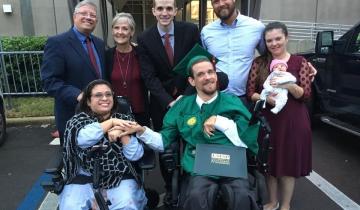
Dating can be scary, all of the questions that go through your head before a first date can often be overwhelming. What do I wear? What do we talk about? Does my breath stink? These are common concerns before any normal date. My brain was wrapping itself around the idea that this was my FIRST DATE EVER.

There are multiple factors that impact bone health, including birth weight, nutrition, medications for seizures and/or reflux, genetics, and physical activity. Targeted exercise to improve bone health in childhood can be sustained into adulthood, and childhood is the best time to promote bone health.
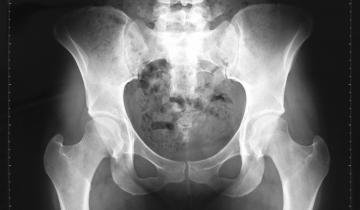
When first meeting a parent who's had a child newly diagnosed with cerebral palsy, I really want to try and help them understand their baby. It can be difficult for parents to take it in all at once and many leave that first interview quite overwhelmed, but you're going to meet some really important and helpful people.
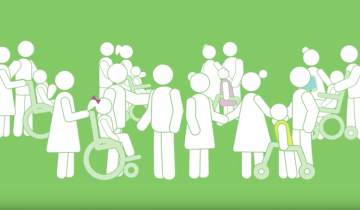
Babies develop about 80% of their brain growth over the first two years of life, and it's also when all the connections in the brain, what we call the white matter, which is the cables in the brain, grow and develop and connect to the cortex.
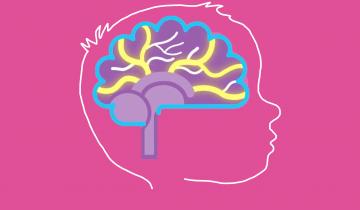
A lot of parents don't realize that their baby, all the skills that they have. So they can look at you, they can follow you. They're already starting to imitate you, and through the first few months of life, they're already starting to learn to reach and grasp toys, and to have nonverbal communication with you.
